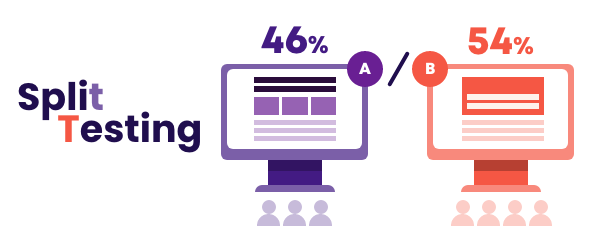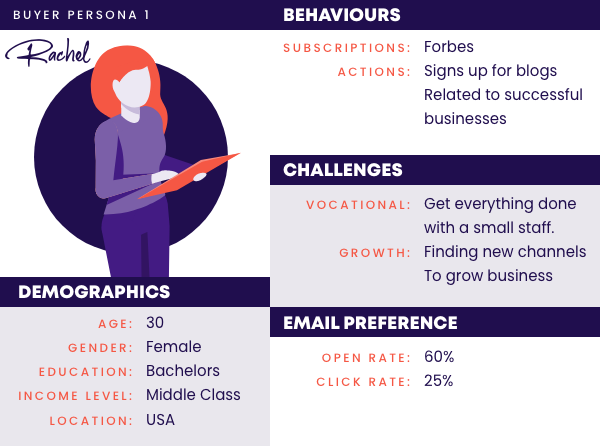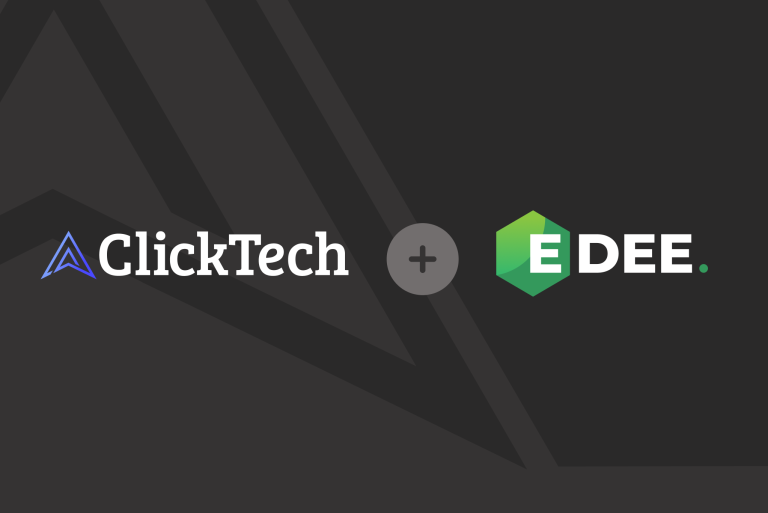One of the most effective ways to get more visitors to your website is to develop a digital marketing strategy. Your marketing strategy should be a plan of action that has tangible, measurable endpoints which allow you to ascertain how successful it is.
When developing your digital marketing strategy, you’ll need to think about what you expect to achieve. This will depend on the type of business you operate, and the industry you operate within, but some common goals include:
- Improving sales on your website.
- Attracting new leads.
- Increasing footfall and walk-ins at a physical shop/store.
- Convincing people to take desired actions on your site (such as signing up for email marketing).
- Increasing brand awareness and boosting the image of your brand.
In this article, we’re going to concentrate on how PPC marketing can play a key role as part of your digital marketing strategy, and how you can utilise it to attain your business goals. We’ll also take a look at the benefits of PPC marketing, and how it can be more useful than other advertising tools when it comes to boosting your brand.
What is PPC Marketing?
PPC, or pay-per-click, is a digital marketing strategy where you pay a small fee each time somebody clicks one of your ads. With PPC advertising on search engines, you are essentially purchasing visits to your website as opposed to attempting to attract clicks for free (called SEO).
How does PPC advertising work?
Businesses bid for advert placement within the sponsored links on a search engine. When a user searches for a keyword related to the business of the business paying for PPC, an ad link to their site will appear at the top of the search engine.
For example, let’s imagine a company sells skincare products online. This company might use Google Ads to bid on keywords such as “skincare products” so that an advert with a link to their site appears at the top of Google when a user searches for that particular term.
The aim of any PPC advertising strategy is to ensure the visits (or ‘clicks’) to your website end up earning your company more money than the cost of paying for those clicks. While a single click can cost a few pence (or even pounds), if it leads to a sale worth hundreds then you’ve clearly made a profit.
The downside of this is that PPC advertising can be quite easy to get wrong, particularly if you’re inexperienced or haven’t put much thought into the keywords your business should be targeting. It takes a lot of work to build a successful, sustainable PPC campaign, but the good news is that PPC platforms provide huge insights and analytics. This allows businesses to get a clear picture of what works – and crucially, what doesn’t.
What are the benefits of PPC over organic marketing?
Organic marketing is a term used to describe non-paid marketing strategies used to promote your business and attract new customers. Organic marketing happens more naturally and is often less aggressive than paid efforts.
While organic marketing like SEO can play a huge role in spreading the word about your business, there are several benefits to implementing pay-per-click as part of your digital marketing strategy. Here are some of the ways in which PPC marketing trumps organic:
PPC is great for getting your business off the ground
If you’re operating a start-up or fledgling small-medium enterprise, you might find yourself frustrated at how difficult it can be to spread the word about your new venture. Organic SEO can take months to implement when in that critical first stage you need customers right now.
The solution? PPC marketing. With pay-per-click ads, you’ll witness quick results. Some businesses start to see sales within hours of launching a PPC campaign, which is a testament to how important PPC is to any digital marketing strategy.
Potential customers see PPC ads first
Pay-per-click advertising appears at the top of search engine results pages. This makes your audience more likely to notice your ad prior to scrolling to see the organic search results. Put simply, regardless of how good your SEO game is, your prospects are always going to see paid ads first.
PPC marketing allows you to target a specific audience
The beauty of using PPC as part of your digital marketing strategy is that you have complete control over who you want to target with your ads. It’s possible to segment potential customers by an almost limitless number of metrics and demographics, including (but by no means limited to):
- Age
- Gender
- Geographic location
- Marital status
- Specific interests
You can test PPC campaigns until you get it right
With PPC marketing, it’s possible to run two different adverts simultaneously to measure which message creates the most conversions. This is known as A/B testing. This allows you to experiment with elements like ad copy, before checking the analytics to discover which message resonates most with your customers. Once established, you can choose to end the less successful ad, or amend it and continue with optimisation until the results improve.

The real advantage here is that you can amend your ads pretty much instantly, whereas changes to your on-site copy for SEO purposes could take months to register with search engines. Search engines have to “crawl” your site for information, and this information is then indexed – but it can take a long time before changes to your pages are noticed.
PPC performance can be tangibly measured
While organic marketing is important, the truth is that gaming the Google algorithm can be something of a dark art. Search engines regularly update the algorithm which governs how pages are ranked – and while they’ll often do so with an announcement, sometimes these changes happen behind the scenes. This means that content that works this month might not necessarily help you in six months’ time.
With pay-per-click marketing, your team can access analytics that shows you how your adverts are driving conversions and when. This allows you to measure the performance of your campaign and work out how profitable it is – something that is difficult to measure with SEO.
How can PPC marketing be used as part of a digital marketing strategy?
PPC is a great way to drive visitors to your website. You can set up PPC ads on search engines like Google, as well as on social media platforms like Facebook, Instagram and Twitter. Other popular websites, like Amazon, also provide platforms to create PPC campaigns. To use PPC ads as part of your overall digital marketing strategy, you should:
Set your goals
There’s little point in creating a PPC campaign if you don’t know what you want to achieve. Without clear goals, you’ll never know if your campaign is a success. Start by making note of what you expect from your PPC marketing campaign (for example, more sales).
Define who your audience is
You might currently only have a vague, general idea of who your audience is at the moment – and that’s fine. However, for your PPC campaign to be a success, you’re going to need to know the fine details. As an exercise, try developing some buyer personas by writing down the traits of the people who are your typical customers. Things like age, profession, interests and spending ability will help. Once you’ve figured out who your audience is in closer terms, you’ll be in a better position to target your PPC ads toward the people who are most likely to interact with your website.

Create landing pages
The most successful PPC campaigns make use of landing pages. These are pages on your site that have been created to highlight a specific product or service. The reason landing pages work is that there is little point in chasing keywords for a particular product and then linking to your site’s homepage in your PPC marketing. This can confuse visitors who might not be certain why they’ve ended up on your site. By contrast, a landing page provides them with everything they need to know.
Set up your PPC ads
Choosing the right platforms to launch your PPC ads will depend on your key audience demographics. For example, Instagram PPC ads are generally a good fit for younger persons, while Google and Facebook ads are both suitable for broad demographics.
Analyse your campaign
Don’t expect to simply leave your campaign running once it’s launched – you’re going to need to continuously monitor your PPC marketing analytics to ensure your strategy is profitable. Try to experiment with keyword targeting to find the best fit in terms of cost versus return on investment.
Improve your digital marketing strategy today
Each of the previously-mentioned points needs addressing as part of your digital marketing strategy, and we recommend monitoring your campaign for at least three months. This will provide you with enough time to A/B test and optimise your campaign.
If you’d like to know more about PPC marketing, or if you need help creating, monitoring and optimising your PPC marketing, allow the experts at Adzooma to give you a helping hand. Simply contact us today, and a member of our friendly and experienced team will be happy to discuss your requirements in further detail.




